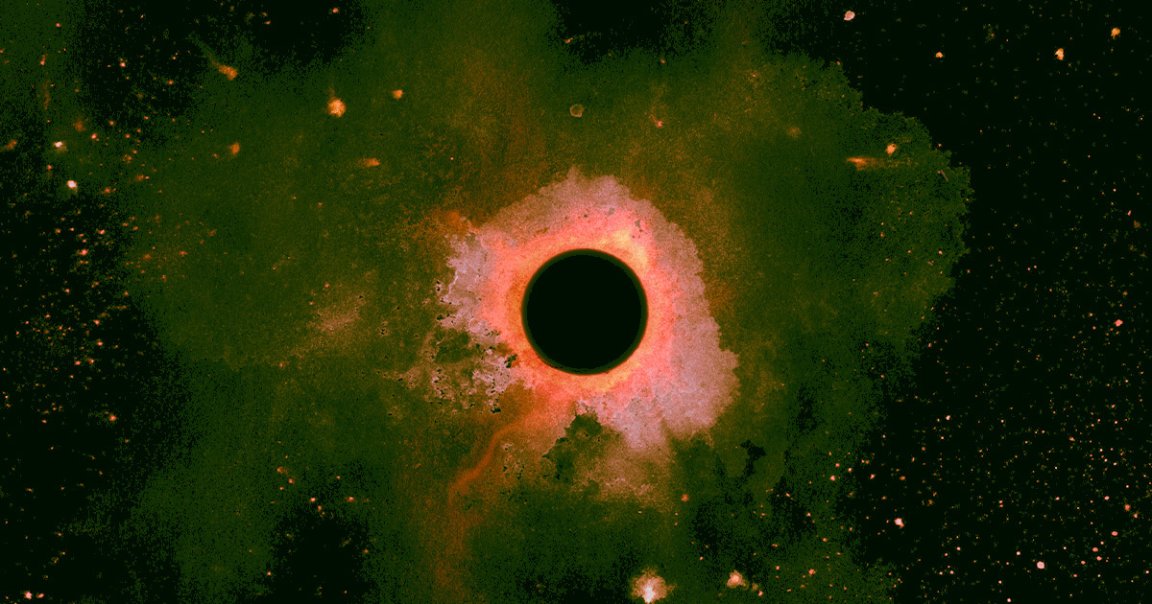
No, But…
Update: Experts are pushing back against the Spectator’s reporting — including one source quoted by the magazine who says her remarks were taken out of context.
Ars Technica reports that the persistent rumor that the James Webb Space Telescope has found a planet with strong signs of life has recently hit a new high among the scientific community. A lot of the hype may be overblown, but at the very least the speculation reflects the space telescope’s extraordinary promise in the field of exobiology.
Though a NASA official told Ars that no “definitive evidence” has been found so far, they acknowledged the possibility of a huge discovery on the horizon that — sorry, folks — would take years worth of followup research to confirm.
“It is anticipated that JWST observations may lead to the initial identification of potential biosignatures that could make habitability more or less likely for a given exoplanet,” Knicole Colón, the James Webb’s deputy project scientist for exoplanet science, told Ars. “Future missions will be needed to conclusively establish the habitability of an exoplanet.”
It’s an answer worded to tamp down any out-of-control rumors, but it certainly leaves the door open to some exciting possibilities — a no, but “not a hard no,” in Ars‘ analysis.
Confirmation Needed
The hype, elevated by the near-mythic capabilities of the James Webb, stems from the telescope’s detection of a potential biosignature on the exoplanet K2-18 b last year, a suspected ocean world around 8.6 times more massive than Earth and approximately 120 light years away.
According to Ars, excitement over that discovery was documented — and revived — by a recent article from The Spectator titled “Have we just discovered aliens?” which features opinions from respected figures in the astronomy community, including a tantalizing quote from CNBC‘s interview with the British astronaut Tim Peake.
“Potentially, the James Webb telescope may have already found [alien life],” Peake said, as quoted by The Spectator. “It’s just that they don’t want to release or confirm those results until they can be entirely sure, but we found a planet that seems to be giving off strong signals of biological life.”
Signature Move
No doubt, the evidence so far is encouraging. The biosignature detected on K2-18 b is a molecule called dimethyl sulfide, a smelly substance that on Earth is produced only by living organisms.
That’s a huge clue that this “Hyacean” world — one with oceans and a hydrogen-rich atmosphere — is potentially home to life. Even better, the exoplanet lies in its star’s habitable or “Goldilocks” zone, meaning the surface is neither too hot nor too cold for life as we know it.
But the evidence, as Colón said, isn’t definitive. More observations, perhaps with entirely new instruments, will be needed to confirm the detection. Moreover, it’s possible that dimethyl sulfide can be produced without life. Understandably, scientists don’t want to jump the gun, as a long history of extraterrestrial hoaxes and spoofs have haunted the field.
All those caveats aside, it hasn’t stopped many in the community from being hopeful.
“I think we are going to get a paper that has strong evidence for a biosignature on an exoplanet very, very soon,” said Rebecca Smethurst, an astrophysicist at the University of Oxford, as quoted by The Spectator.
More on space: Astronomers Puzzled by Cosmic Megastructure So Large It Shouldn’t Exist